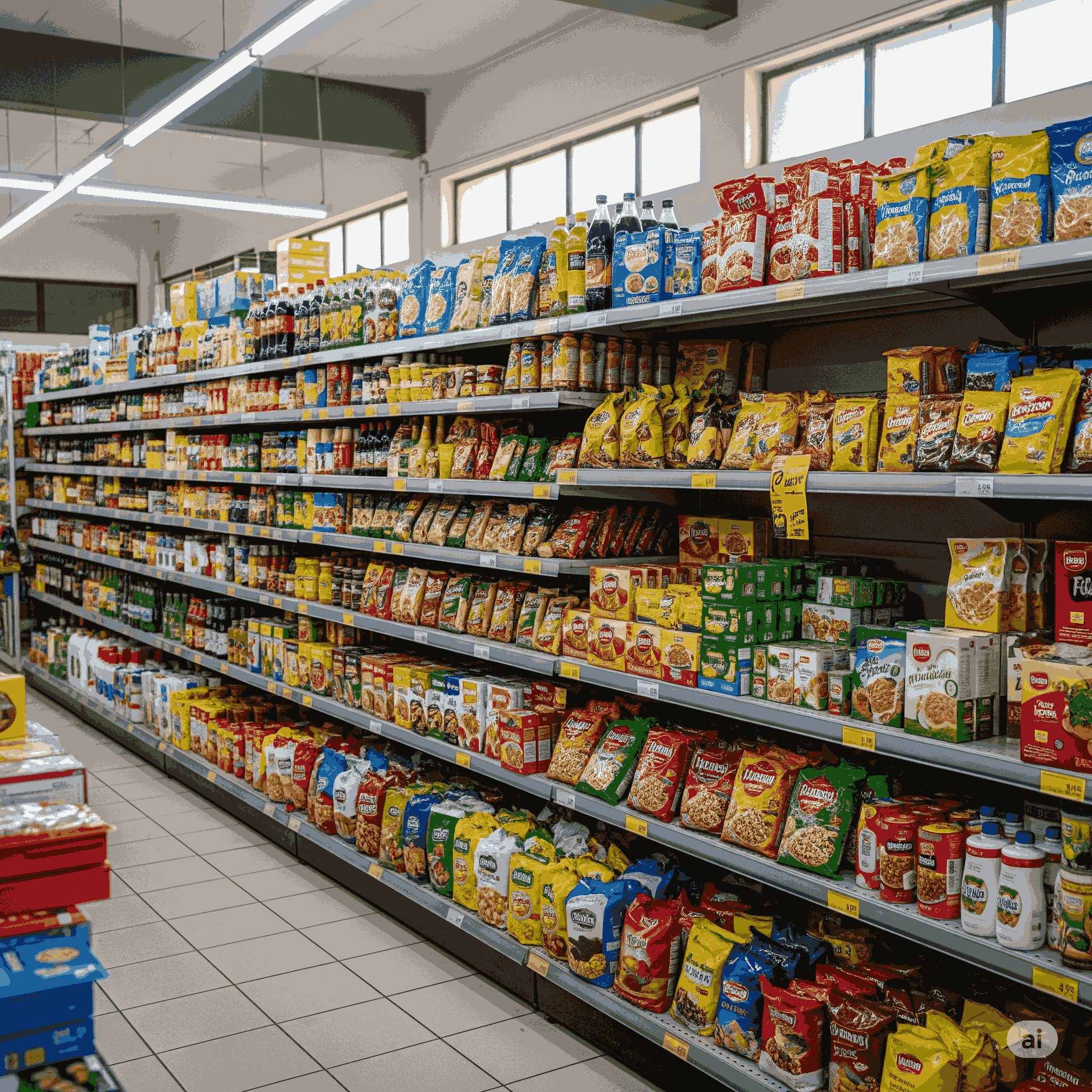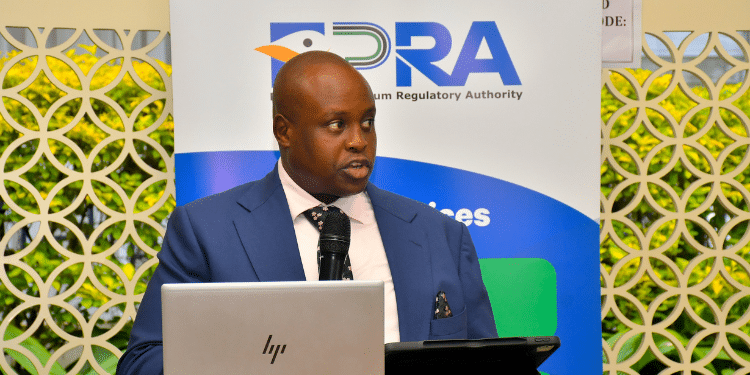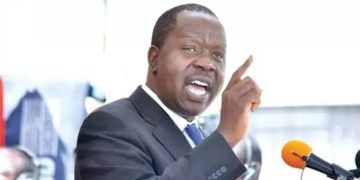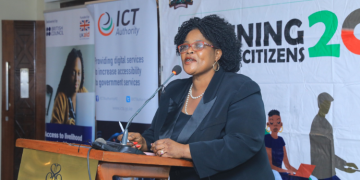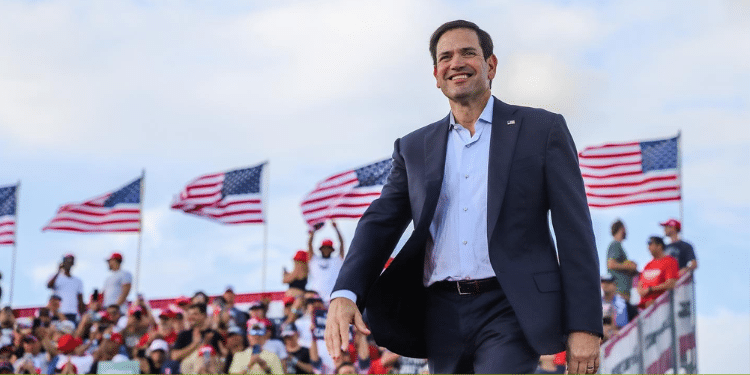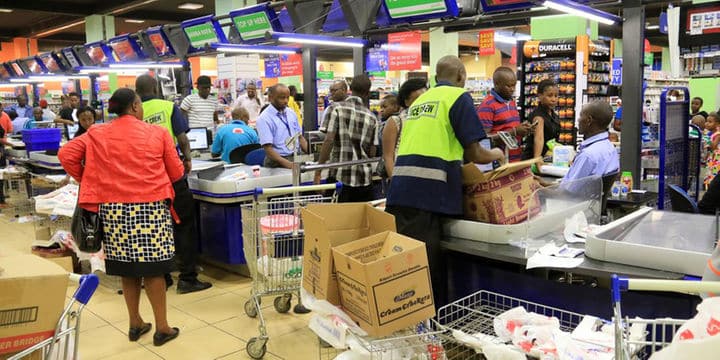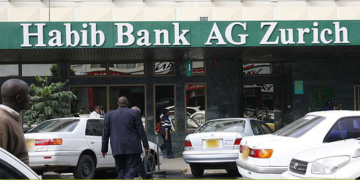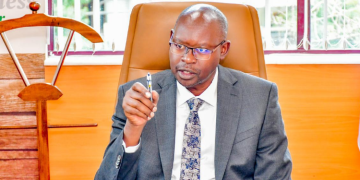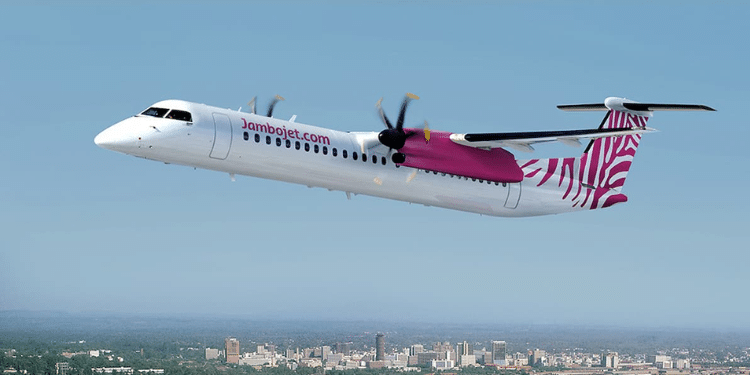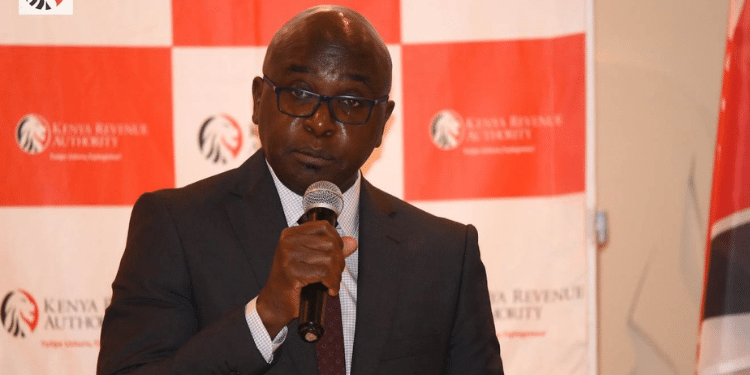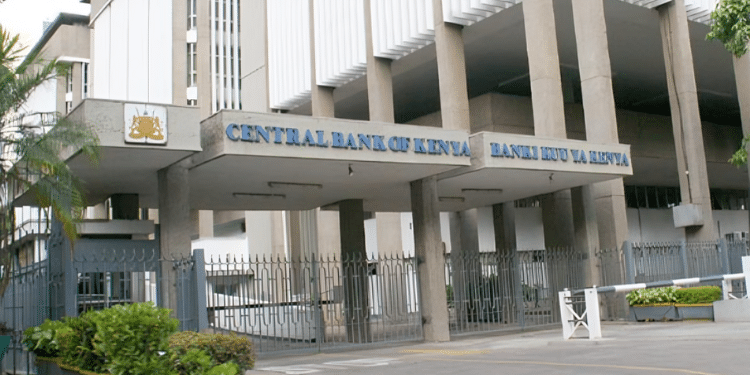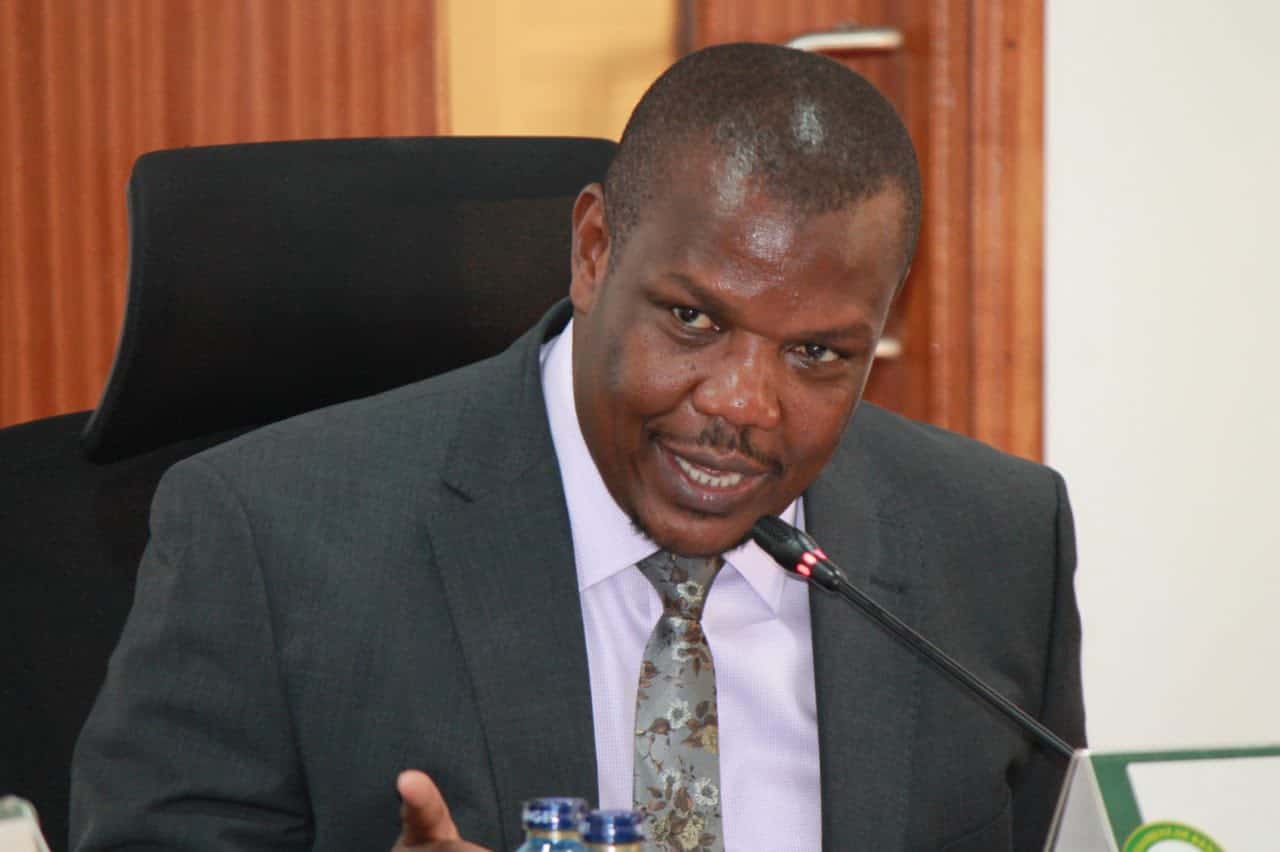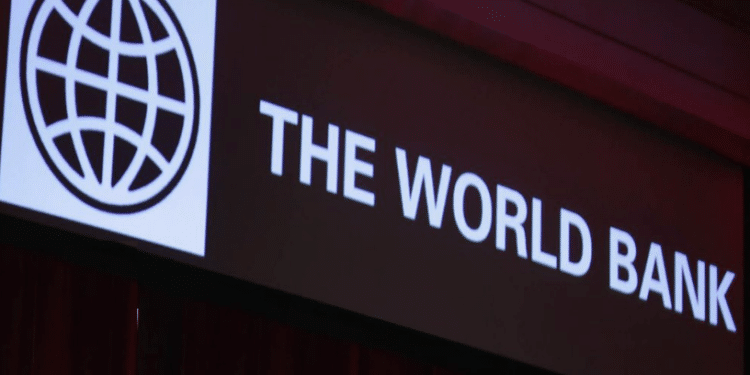The World Bank Group has agreed to provide KSh52 billion ($390 million) for the establishment of 25,000 free Wi-Fi sites in Kenya in an effort to reduce internet costs by 60 percent.
The Kenya Times has learnt that the disbursement is anticipated to fund the first phase of the Kenya Digital Economy Acceleration Initiative, which aims to increase access to high-speed internet, enhance the quality of education, and digitalize government services.
The 25,000 Wi-Fi hotspots will be installed across the nation to provide innovators, students, and entrepreneurs with Internet access.
Internet that is inexpensive and quick can bridge the digital divide, increasing access to employment, trade, education, and social inclusion.
However, few companies install fiber connections in low-income neighborhoods.
Also Read: World Bank urges support for poor as food prices soar
The majority of people in the country connect to the internet through their mobile phones using 3G or 4G data bundles, whose high prices prevent the impoverished from gaining internet access.
In December, the average price per megabyte was Sh4.59, and the entry of the State could lead to a decrease in internet prices offered by companies such as Safaricom and Zuku.
The managers of the State initiative estimate that the free Wi-Fi hotspots will reduce prices by up to sixty percent and increase access to high-speed internet or availability to one hundred percent.
“Increasing access to digital technologies and services is a cross-cutting strategy for accelerating economic development and job creation, enhancing service delivery, and building resilience,” – Keith Hansen, Country Director for Kenya, Rwanda, Somalia, and Uganda at the World Bank.
Kenya has sought to position itself as Africa’s innovation hub, attracting companies such as Microsoft, Amazon, and Google.
They are utilizing Kenya, South Africa, and Nigeria as launching pads for a larger share of Africa’s market by capitalizing on expanding economies with rising Internet access rates among young populations.
Also Read: Infotrak Survey Shows 62% of Kenyans Believe Kenya is Headed in the Wrong Direction
The initiative supported by the World Bank is anticipated to attract an additional Sh13,3 billion ($100 million) from the private sector for the development of broadband infrastructure.
Additional project milestones include the rehabilitation of 2500 kilometers of damaged/outdated fiber network, the establishment of village digital centers and studios in all 1,450 wards of Kenya, and the establishment of a regional integration connectivity network.
The initiative also includes the local production of inexpensive smart devices to increase Internet access via mobile phones.
According to official data, 33.6 million, or 52 percent, of the 63.3 million cell phones are feature phones, making it difficult for half of the subscribers to access the Internet via their phones.
Safaricom launched a program in partnership with Google in 2020 that enables customers to pay in installments for 4G-enabled smartphones, in an effort to increase smartphone usage on its network.
Also Read: Kenya’s Jobless Rate Rises to 2.97 Million Amid Labour Market Woes
The consumers pay as little as Sh20 per day over a period of nine months, with the end goal of converting approximately four million 2G and 3G phones to 4G.
According to the Kenya Digital Master Plan 2022-2023, the free Wi-Fi hotspots will be installed in business districts, rural areas, and other public areas.
Kenya Digital Master Plan 2022 – 2023
[pdf-embedder url=”http://thekenyatimes.com/wp-content/uploads/2023/04/Kenya-Digital-Master-Plan.pdf” title=”Kenya – Digital Master Plan”],
The government has already piloted the project by installing Wi-Fi sites in Nairobi’s central business district’s popular City Market and Wakulima Market at the end of last year.
“We are taking the Internet to the people. From here, we will be launching similar programs in other trade centers so that we can facilitate e-commerce,” ICT Cabinet Secretary Owalo said back in November.
It is anticipated that the initiative will solidify Kenya’s digital transformation strategy as the Internet becomes increasingly integral to the economy and commerce.
According to a study conducted by the Communications Authority of Kenya, 3G broadband subscriptions for the year ending June 2022 reached 11.7 million with 73.1 million gigabytes of data volume consumed, while 4G subscriptions reached 17.6 million with 208.1 gigabytes of data volume consumed.
Mr. Owalo disclosed discussions with the World Bank to partially finance the installation of the proposed 100,000 kilometers of fiber optic cable in February.

